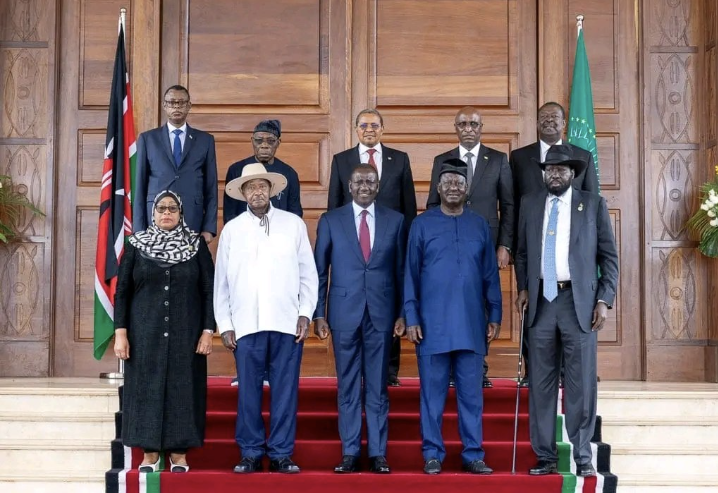
A law firm has written to the Ministry of Foreign and Diaspora Affairs asking for details about former Prime Minister Raila Odinga’s African Union Commission chairperson bid.
The firm said it was writing on behalf of the general public on the matter.
The firm cited Article 35 as read together with Section 4 of the Access to Information Act while making the request.
The firm sought to be told when the government decided to sponsor or support a candidate for the position of chairperson at the African Union Commission.
“Who in or what body of the government decided on the above?” the firm asked.
It further sought to be told the processes followed in the making of the decision, including (if at all) undertaking a feasibility study; benefits and costs analysis; formally informing the public, and seeking public views on the utility and or preferability to present a candidate.
“Please provide documentary evidence supporting this,” the letter stated.
The firm also wants to be told whether the public was informed of the intention of the government to present a candidate for AUC, in line with the requirements of Articles 10, 35, and 232 of the Constitution, especially those of openness, competition, and merit.
“Were applications or interests sought from citizens of Kenya who wished to be considered for nomination/designation as a candidate for AUC?” the letters added.
“Please provide documentary evidence to this effect.”
The firm further asked to be furnished with information on the public resources (monetary, personnel, and infrastructure—both movable and immovable assets) the government has committed/set aside for all processes and/or activities relating to the AUC candidacy bid.
“Please provide particulars in respect of the resources committed act aside and documentary evidence in support,” it added.
The law firm made the request as Raila met President Mahamat Idriss Déby of Chad in campaigns for his bid.
The two discussed various issues touching on AUC candidature and the priority plan for the continent.
While elaborating his vision, Raila emphasised on the need to unite Africa using infrastructure, intra-African trade, and addressing visa policies to ease the movement of people and goods.
The two also discussed vision for the youth, which is to place them at the centre stage as the driving force behind innovation and change.










